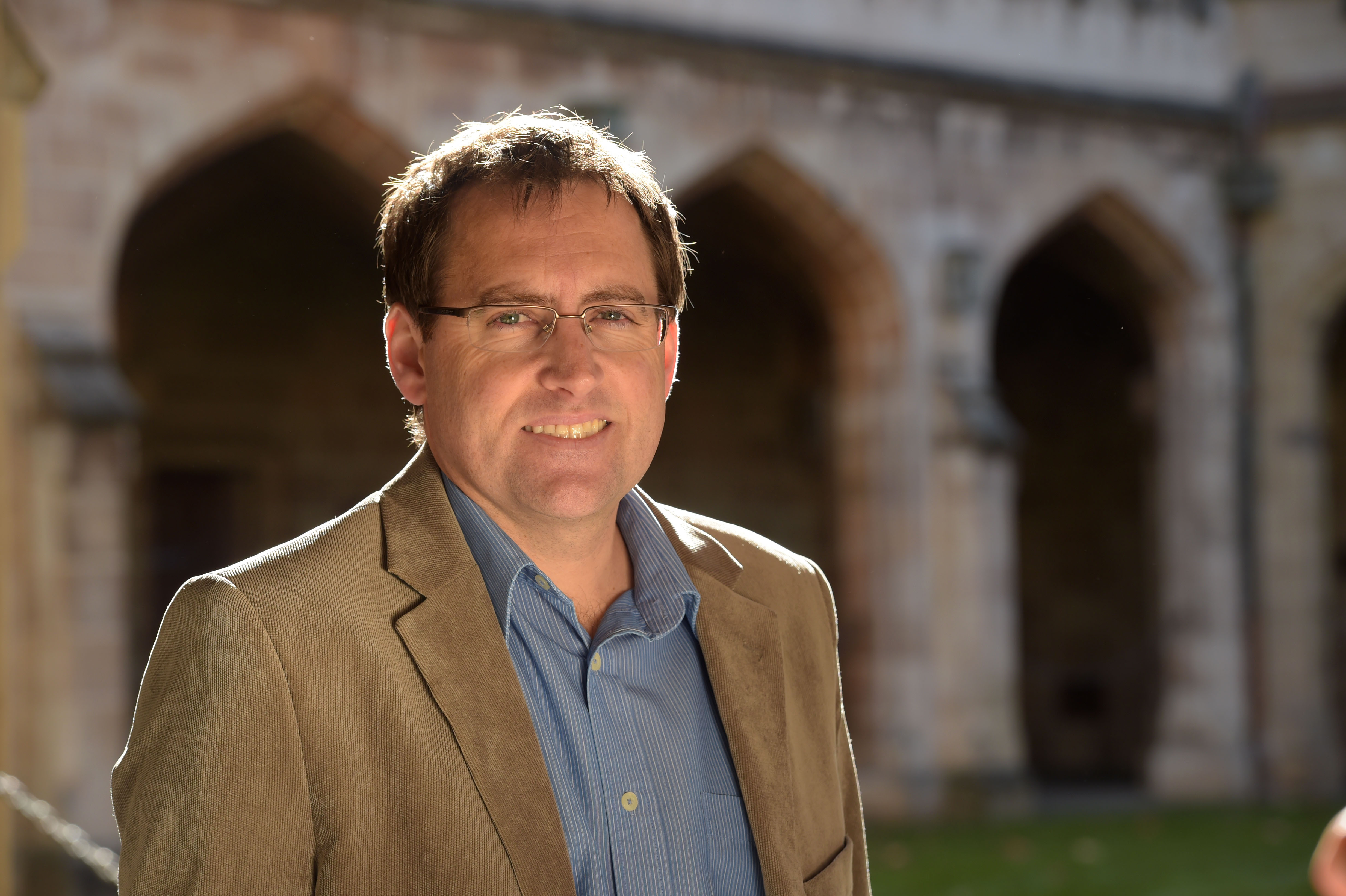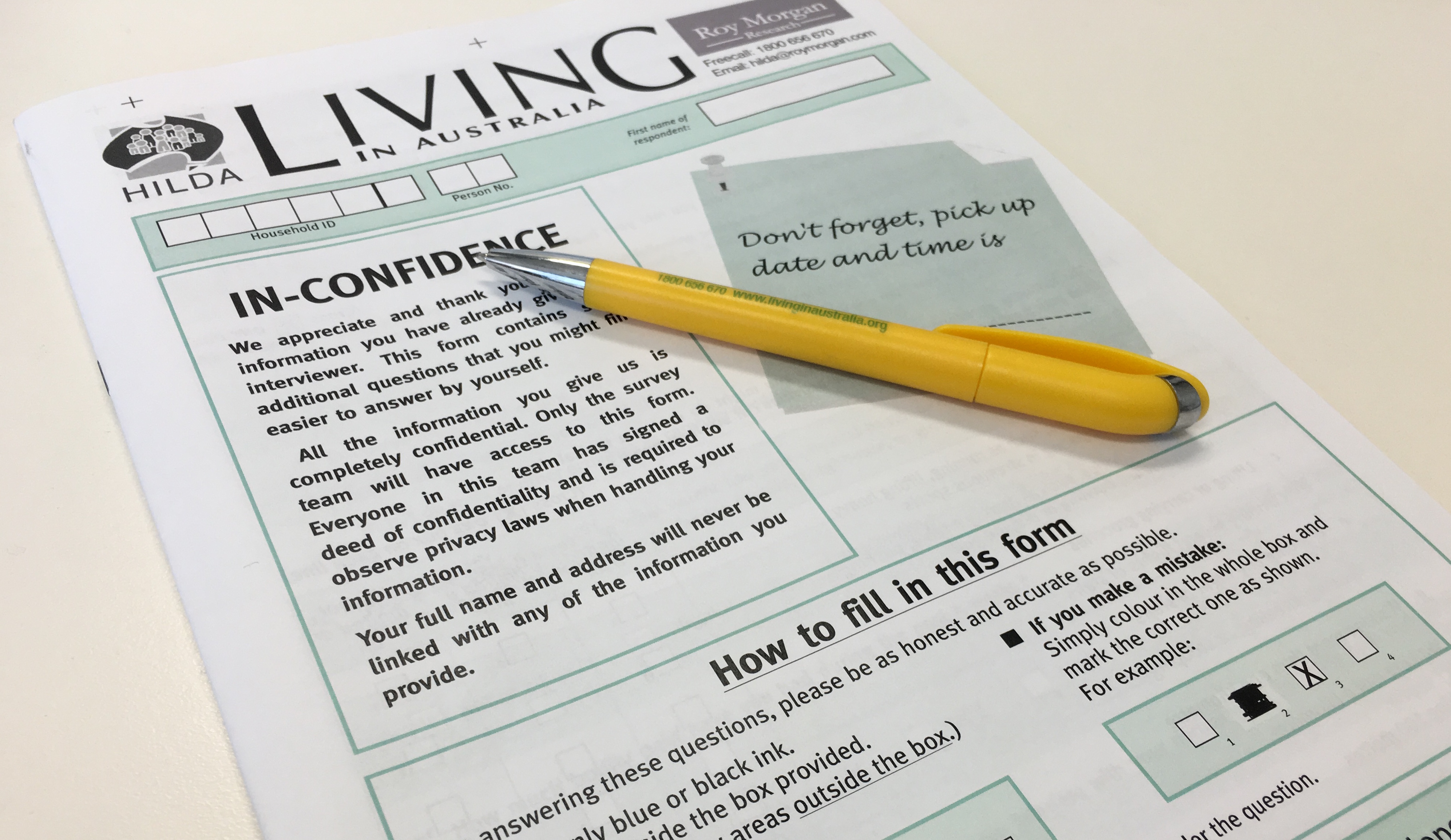The economist who knows us all

Economist Professor Roger Wilkins has spent almost a decade asking Australians about how they live, all in the name of getting the facts straight
Published 18 July 2016
Professor Roger Wilkins oversees the newly released Household Income and Labour Dynamics in Australia (HILDA) survey at the Melbourne Institute of Applied Economic and Social Research. Here he tells us what drives him and why HILDA is so important.
Growing up, I was always interested in how society works. I wanted to know how it all hung together and how the food ended up on my table. Economics is the discipline that is most interested in how society organises itself to give people what they need and want—and when and how it gets it wrong. So economics seemed a natural fit for me. Like many people, I want to utilise my skills to positively contribute to society. In my case that means helping to improve government policy by focusing on what the evidence tells us. A lot of my work is actually just getting the basic facts right.
I’m an applied economist, so my research is very much based on looking at what the data tells us. Some economists work on a purely theoretical level, but I’m somewhat sceptical of the utility of that. I believe theory should be driven by empirical evidence, which means looking at the data. So I’ve worked hard on developing the discipline to remove myself from my prior beliefs and prejudices and just let the data do the talking.

That is why the HILDA data is so important. When I joined the Melbourne Institute in 2001 my research was focused on the labour market, the welfare system and inequality. It seemed to me then that the HILDA survey, which had just started up, was going to be a key data source for understanding the dynamic processes that determine an individual’s economic wellbeing. So when in 2007 I had the chance to actually work on the survey I saw it as an important opportunity to help shape the survey and make it even more useful. Over the nine years I have been here the list of things to do and the list of interesting questions to ask about the economic and social lives of Australians has just got longer and longer.
So much of public debate is based in false premises that are easily refuted by examining the available evidence. A data source like HILDA can impose a discipline on public debate that stops people from getting away with factually incorrect assertions about the nature of our society. One example was the debate about the merits or otherwise of limiting the negative gearing tax concession on property investment during the recent election. A big part of that debate was the question of who actually benefits from negative gearing, and whether limiting the concession would disadvantage ordinary Australians. When we look at the household income and wealth data in HILDA it becomes very clear that overwhelmingly it is the wealthy and high-income earners who hold investment properties and are therefore benefiting from the concession. So the public debate is poorer for not having these basic facts.

One thing that strikes me from the data is that broadly speaking Australian society is functioning pretty well. Of course there is a lot of evidence that people are falling through the cracks, and that is especially true for people with mental health problems, who have persistently poorer outcomes than the rest of us. So our society could certainly be functioning better. But overall, despite all the negativity we tend to get in the mainstream media, Australia is doing pretty well.
HILDA shows that most people who are poor at one point in time don’t stay poor. We tend to think of people being in long term states of poverty or high incomes – the poor are always poor and the rich are always rich. There is some truth to that, but our society is more fluid than we think. Most people who go onto welfare don’t stay dependent on welfare for that long, so by and large people are able to bounce back from adversity. And we know this because, since 2001, the HILDA survey has been following the same people through their lives.

There are always surprises in the data that challenge your own assumptions. But one of the biggest surprises for me from the data is that a person’s sexual identity has such a strong influence on their outcomes. People who aren’t heterosexual have starkly worse outcomes in terms of health and wellbeing. It is hard to think of a mechanism causing this association other than significant negative social forces, and in particular prejudicial attitudes.
The HILDA survey is very much about producing a public good. The data is made available to all researchers around the world, and several thousand researchers are using it. So we are always thinking about what the broader research community needs in order to answer the important social and economic policy issues of our time.
As told to Andrew Trounson, University of Melbourne.
Banner image: Steve Collis/Flickr
